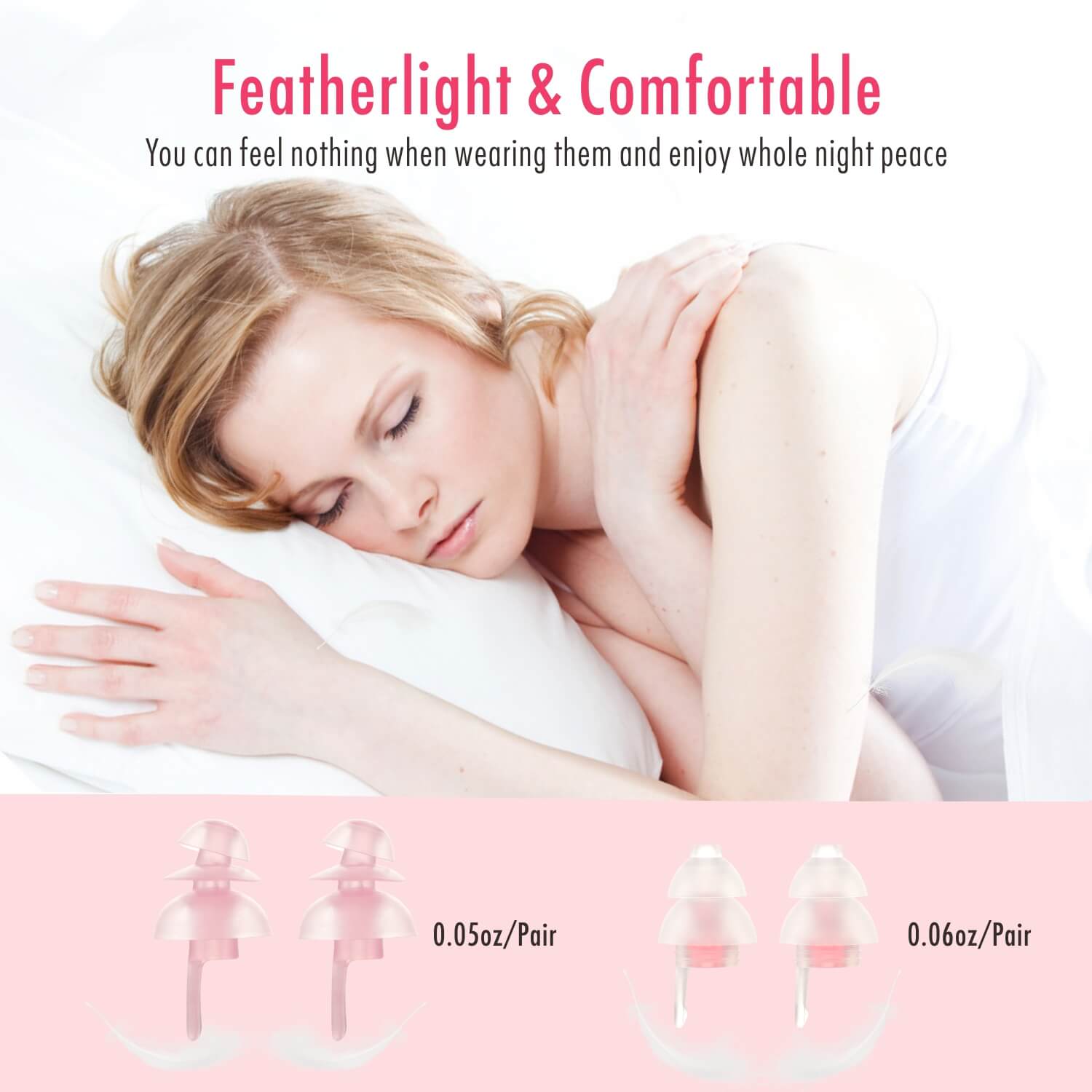When it comes to protecting your hearing in industrial settings, choosing the right silicone ear plugs is crucial. Industrial professionals are often exposed to high levels of noise that can lead to long-term hearing damage if not properly protected. In this guide, we will explore the different factors to consider when selecting silicone ear plugs for industrial use.

The Importance of Hearing Protection
Before delving into the specifics of silicone ear plugs, it's important to understand why hearing protection is essential for industrial professionals. Exposure to loud noise over an extended period can result in noise-induced hearing loss (NIHL), a permanent condition that cannot be reversed. NIHL can have a significant impact on an individual's quality of life, affecting their ability to communicate and perform daily tasks.
Choosing the right silicone ear plugs can help prevent NIHL by reducing the intensity of noise reaching the ear canal. These ear plugs act as a barrier, effectively blocking out harmful noise while still allowing the wearer to hear essential sounds and communicate with colleagues.
Factors to Consider When Choosing Silicone Ear Plugs
There are several factors to consider when selecting silicone ear plugs for industrial use:
1. Noise Reduction Rating (NRR)
The Noise Reduction Rating (NRR) is a measure of how effectively ear plugs can reduce noise. It is important to choose ear plugs with a high NRR to ensure adequate protection in loud industrial environments. The NRR is typically indicated on the packaging of ear plugs and can range from 0 to 33 decibels.
When selecting silicone ear plugs, look for a high NRR to ensure maximum protection. Keep in mind that the NRR is not a guarantee of complete noise elimination, but rather a measure of the ear plugs' effectiveness in reducing noise.
2. Comfort and Fit
Comfort and fit are crucial when it comes to wearing silicone ear plugs for extended periods. Ill-fitting ear plugs can cause discomfort and may not provide adequate protection. Look for ear plugs that are designed to fit securely in the ear canal without causing pressure or discomfort.
Some silicone ear plugs come with different sizes or adjustable features to ensure a proper fit for different individuals. It's important to try out different options and find the ones that are most comfortable for you.
3. Durability and Reusability
Industrial professionals often require ear plugs that can withstand harsh conditions and frequent use. Look for silicone ear plugs that are durable and can be reused multiple times without compromising their effectiveness.
Some ear plugs are designed to be washable, allowing for easy maintenance and extended use. Investing in high-quality, durable silicone ear plugs can save you money in the long run and ensure consistent protection.
4. Compatibility with Other Personal Protective Equipment (PPE)
Industrial professionals often need to wear other personal protective equipment (PPE) alongside ear plugs, such as safety glasses or helmets. It's important to choose silicone ear plugs that are compatible with other PPE and do not interfere with their proper usage.
Look for ear plugs that are designed to be low-profile and fit comfortably under helmets or alongside safety glasses. This ensures that you can wear all necessary protective gear without compromising your safety or comfort.
Conclusion
Choosing the right silicone ear plugs is essential for industrial professionals to protect their hearing from the damaging effects of loud noise. Factors such as the Noise Reduction Rating (NRR), comfort and fit, durability and reusability, and compatibility with other personal protective equipment should be considered when selecting ear plugs.
By investing in high-quality silicone ear plugs that meet your specific needs, you can ensure long-term hearing health and maintain productivity in the workplace.








